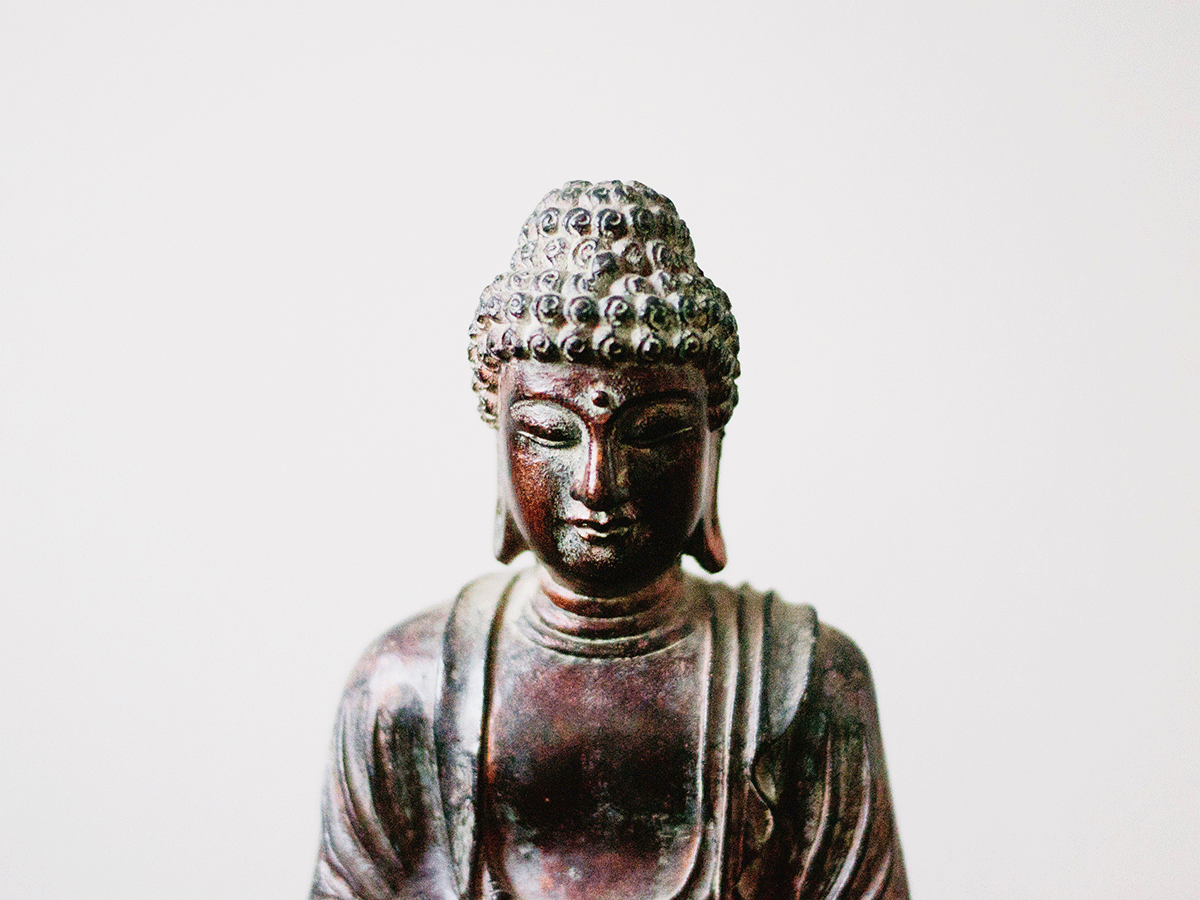
We all live with stress. From traffic jams to office politics, there’s really no way around it. Even the so-called “good stress” that comes with buying a new home or getting a job promotion can take its toll. Left unchecked, too much stress can cause headaches, trouble sleeping and even elevated blood pressure. Luckily, there are things we can do to take the edge off.
We asked Emily Thring, founder and director of The Quiet Company, a meditation studio in Toronto, for a few ways that practicing regular mindfulness can help us say buh-bye to stress.

Build Resilience
“Humans are naturally resilient, but in our modern world, we need to develop even more mental toughness since we are constantly bombarded with information, news, politics and all of the potentially stressful things we might not have known about if we didn’t have the Internet,” says Thring. Establishing a consistent meditation practice—which can be as little as 10 minutes a day—slowly builds our inner strength, which helps us resist day-to-day stressors. It also helps to protect us from life’s big challenges, ensuring that they have less impact on our overall health and happiness, says Thring. (Learn ways to practice mindfulness during your morning commute.)

Shrink Your Stress Zone
Research from the University of Pittsburgh has shown that regular meditation can reduce the size of your brain’s stress zone. After just eight weeks of daily om sessions, the amygdala—which is known as the brain’s “fight or flight” centre, where the stress response is initiated—actually starts to shrink. What’s more, as the primal region of the brain becomes smaller, the prefrontal cortex—where higher thinking happens—grows. (See how practicing meditation changes your brain.)

Ground Yourself
No matter how resilient we become, those fuming, hair-pulling moments are still inevitable. When you feel yourself getting worked up, a few focused deep breaths can help you decompress and get back on track. You can also use a quick meditation to get into the right mindset ahead of a potentially nerve-racking situation, like public speaking. Just set aside 10 minutes to reset—whether that be resting with your eyes closed or going for a mindful walk.

Change Perspectives
A mindfulness practice helps you realize that how you react to a situation is actually a choice. “We can develop a positive or curious reaction to something rather than a knee-jerk negative reaction,” says Thring. Mindfulness can help you mentally step back and observe things from a different perspective or with more clarity, which can help you pause and reflect before you react. (Find out if Ginseng can help improve mindfulness.)

Make It Accessible
No time to make it to a meditation class (like ones at these Toronto studios) but need some guidance? Meditation Studio is an app loaded with more than 40 experts, so you can explore different voices and styles or experiment with om sessions using timed interval sounds or soothing music. We love that you can see how many people are meditating with the app at the same time—it’s very inspiring. There are many meditation apps to choose from—check them out.
Have trouble meditating? Here’s how to start.
